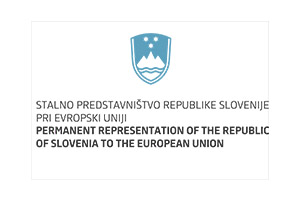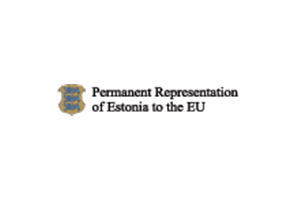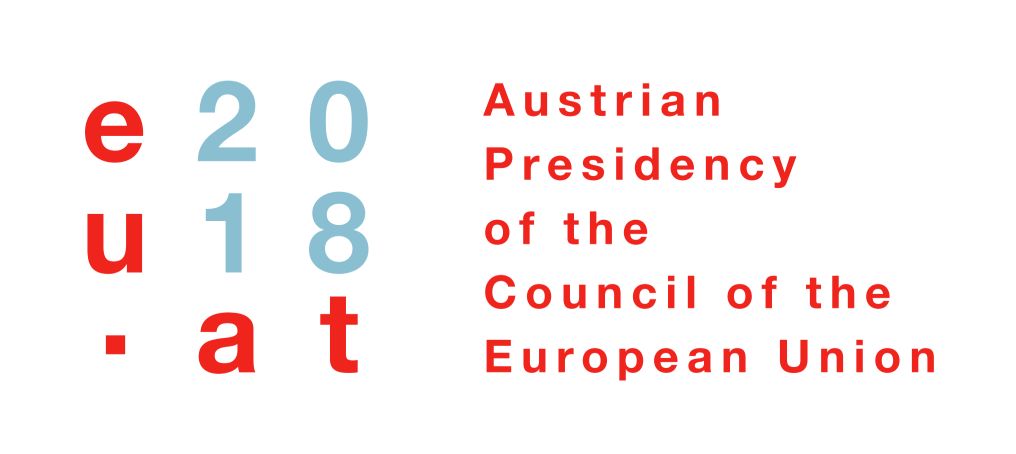Find a poem
Latest updates
-
TRANSPOESIE 2025
09/24/2025 -
Transpoesie 2025 - Programme
09/24/2025 -
Transpoesie 2025 - Open Call
04/16/2025
Dziadek ucieka ze stalagu i ukrywa się na Jurze, 1941
Dziadek ucieka ze stalagu i ukrywa się na Jurze, 1941
Noce wyryte na ścianach jaskiń,
talerzyki z kory, na których układał
rozłupane kamieniem renety.
Łasica dzieliła z nim gniazda
polnych ptaków i królicze nory.
Lisy schodziły mu z drogi.
Zamarznięte owoce jarzębiny
czy świąteczne bombki? Opłatek
czy historia? Czarnoziem czy kości
tych, którzy z nim poszli we wrześniu?
Myślał, że kolejna zima go dobije,
lecz przeżył, by śpiewać w gospodach
zakazane piosenki, budować chlebowe piece.
Noce są polem granicznym. Krzaki świecą
ślepiami niemieckich owczarków.
Gałęzie odbezpieczają magazynki rosy.
Grandfather escapes a stalag and hides in the Jurassic Highlands, 1941
Nights etched into cave walls,
plates of bark, upon which he laid
russets cut with a rock.
A weasel shared her bounty
of field birds and rabbit holes.
Foxes got out of his way.
Frozen rowan berries
or Christmas baubles? Communion
or history? Black earth or bones
of those who went with him in September?
One more winter will do me in, he thought,
but he lived on to sing in taverns
his forbidden songs and build his bread ovens.
Nights are his borderlands. Bushes glowing
with the tracking eyes of German shepherds.
The trigger fingers of branches heavy with dew.
translation: Marek Kazmierski
Grand-père s’enfuit du stalag et se cache dans le Jura, 1941
Les nuits gravées dans les murs des grottes,
des assiettes en écorce où il mettait
des reinettes coupées avec une pierre.
La belette partageait avec lui les nids
des oiseaux des champs et les terriers de lapins.
Les renards s’écartaient de son chemin.
Fruits de sorbier gelés
ou boules de Noël ? Hostie
ou histoire ? Terre noire ou ossements
de ceux partis avec lui en septembre ?
Il pensait qu’un hiver de plus l’achèverait,
mais il survécut pour chanter dans les auberges
des chansons interdites et construire des fours à pain.
Les nuits sont des zones frontalières. Dans les buissons
brillent les yeux des bergers allemands.
Les branches chargent leur barillet de rosée.
traduction : Cécile Bocianowski
Grootvader ontsnapt uit het Stalag en duikt onder in de Jura, 1941
Nachten gekerfd in een grotwand,
bordjes uit bast waarop hij renetten legde,
vergruizeld met een steen.
Hij deelde in de buit van een wezel,
uit nesten en holen geroofd.
De vossen gingen opzij.
Waren het bevroren lijsterbessen
of kerstballen? Brood en wijn
of geschiedenis? Zwarte aarde of het gebeente
van wie in september met hem was vertrokken?
Hij dacht dat dit zijn laatste winter was
maar hij overleefde, om verboden liedjes te zingen
in de herbergen, om broodovens te bouwen.
De nachten vormen zijn grensgebied. De struiken
blikkeren met ogen van Duitse herders.
De takken laden kogelkamers met dauw.
vertaling: Alexandre Popowycz

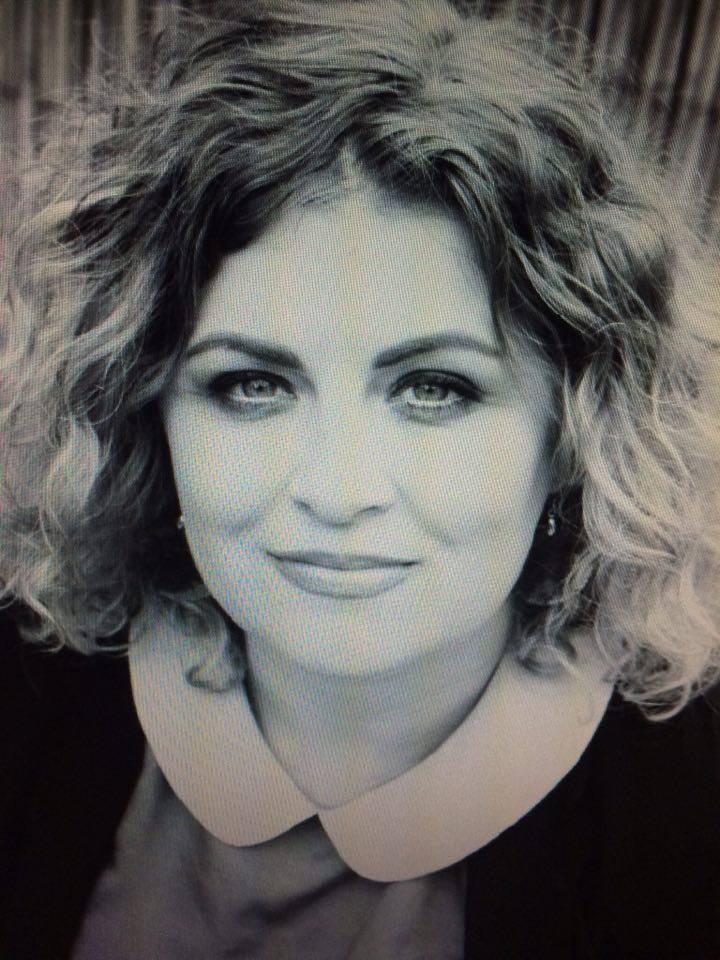
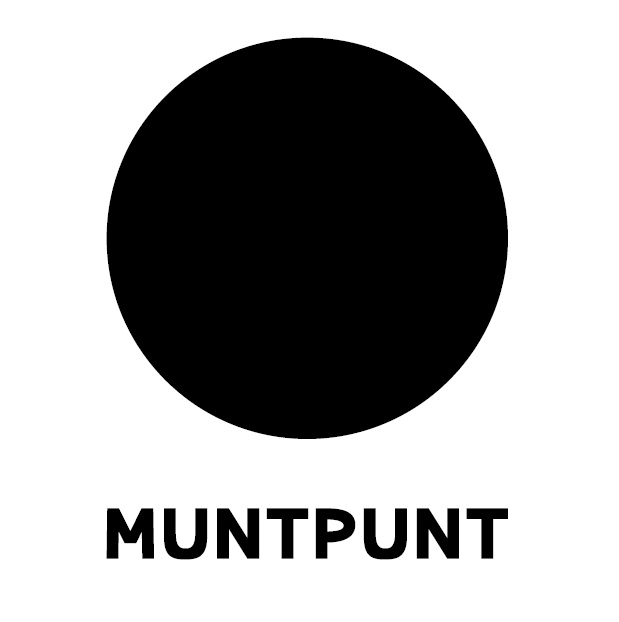
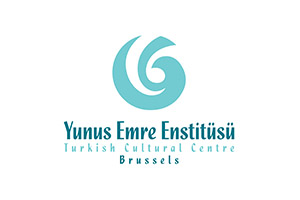
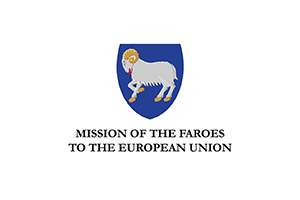
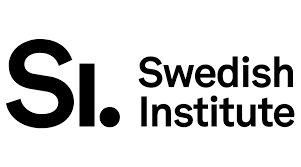
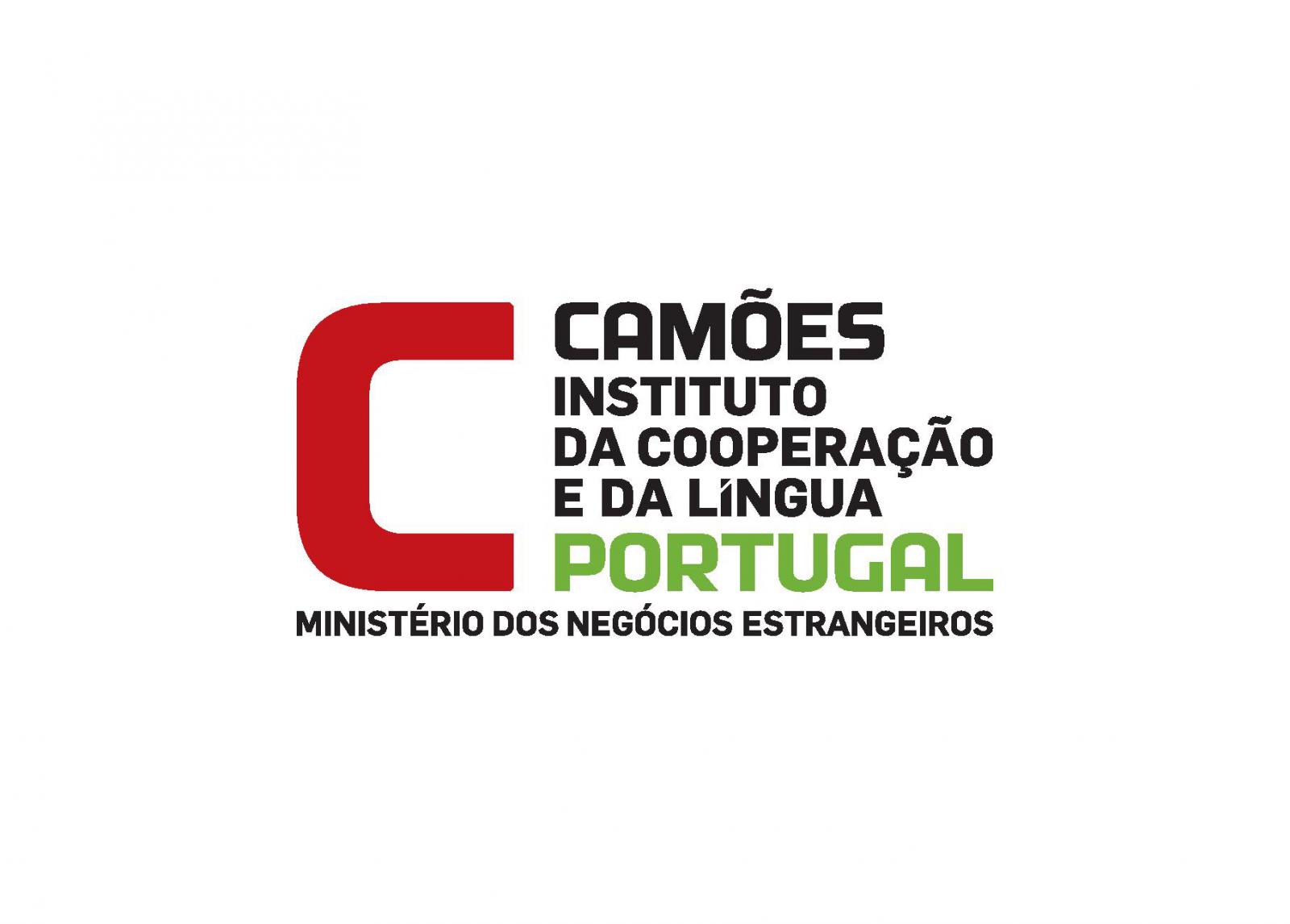
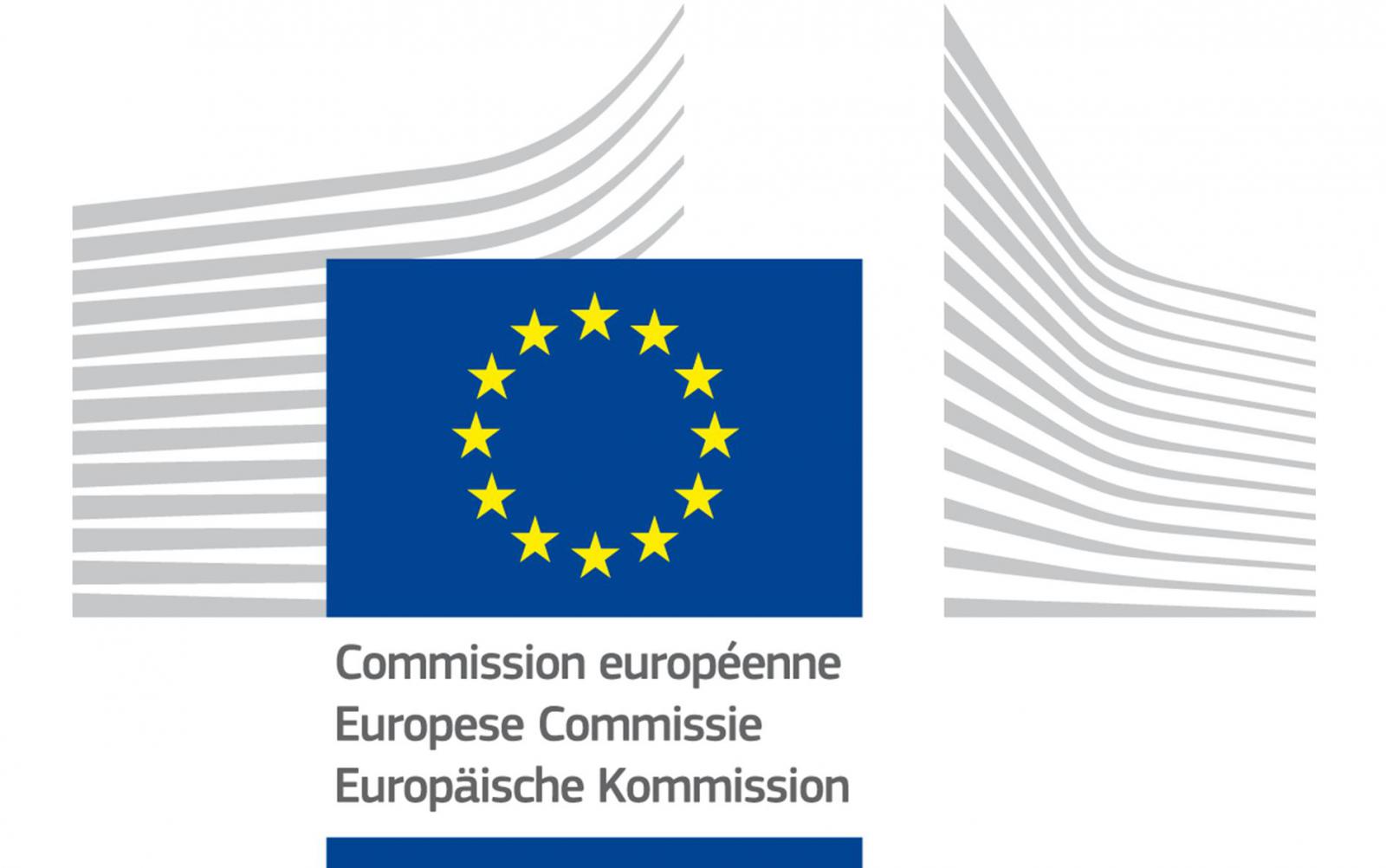
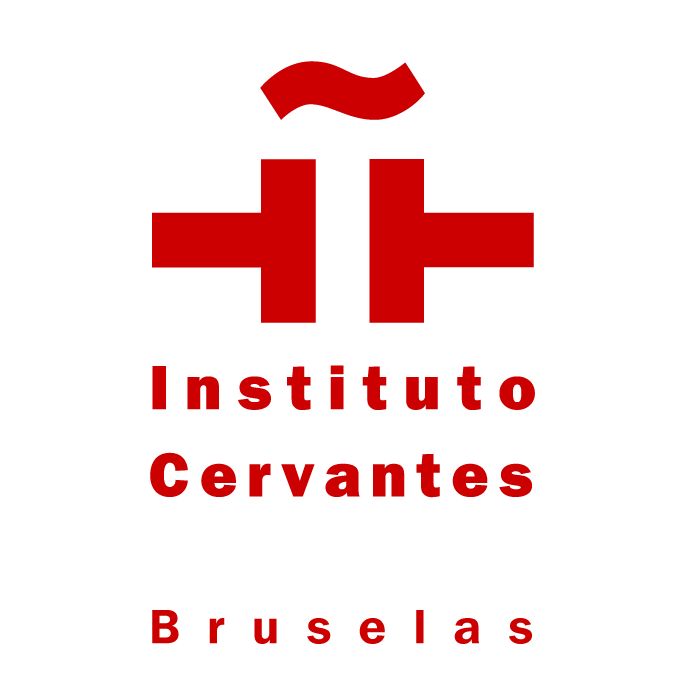
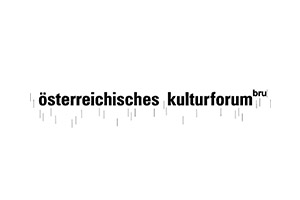


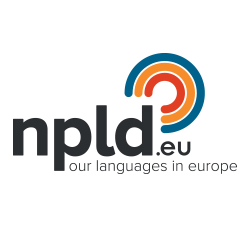
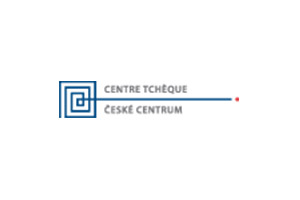



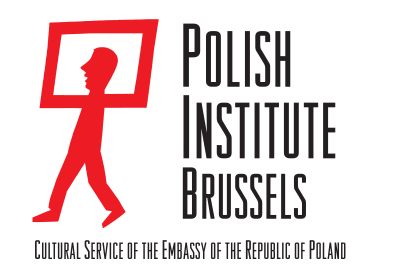
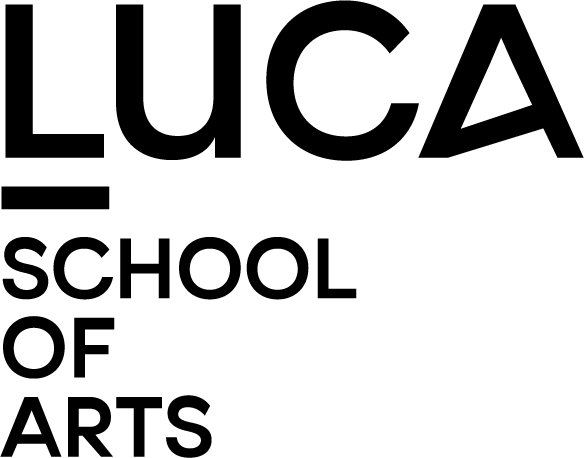
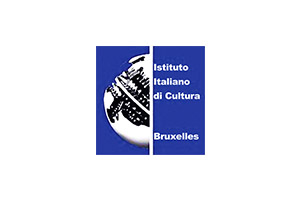
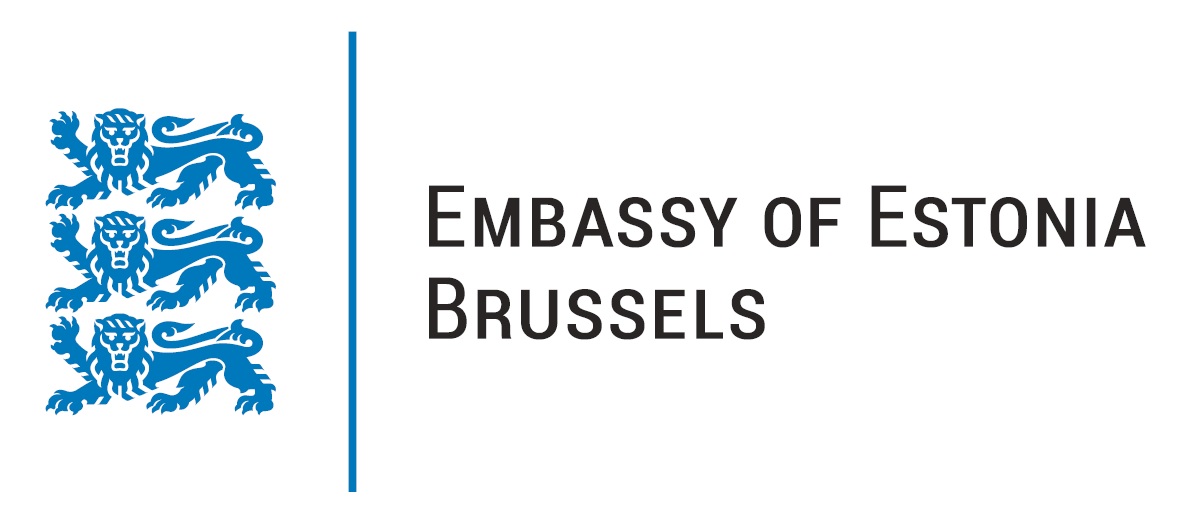
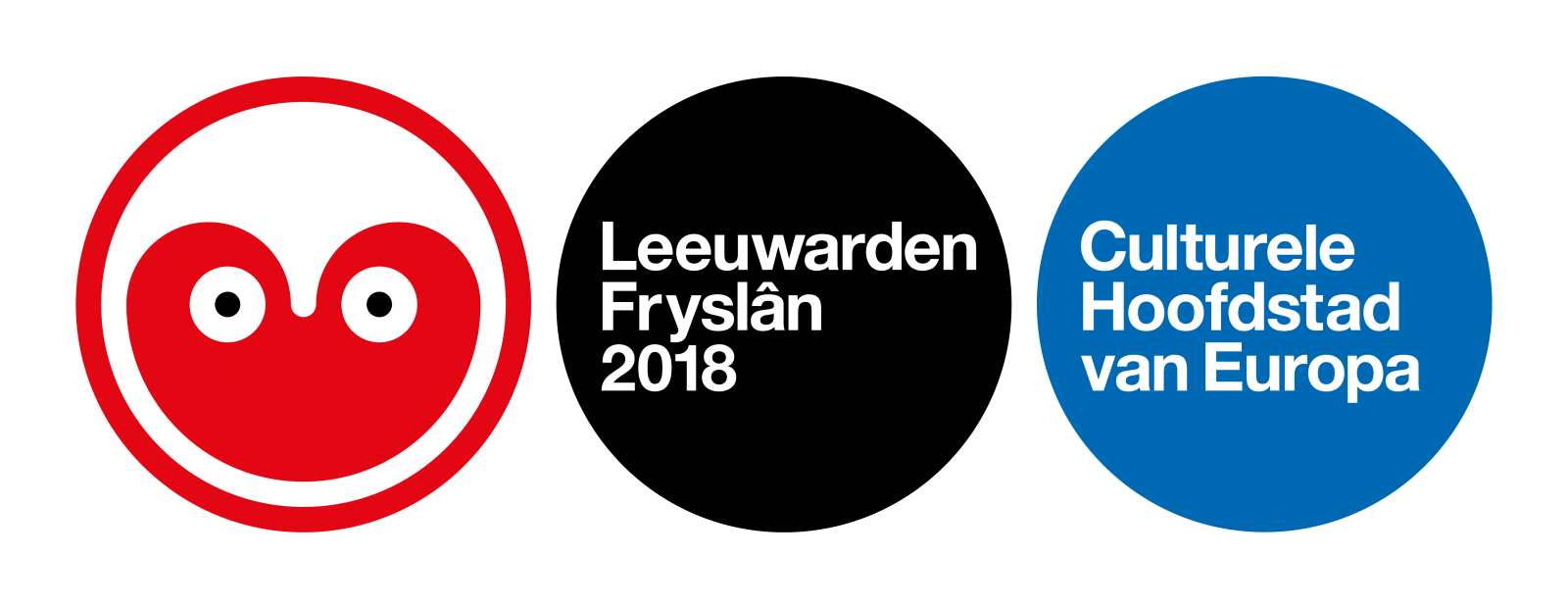


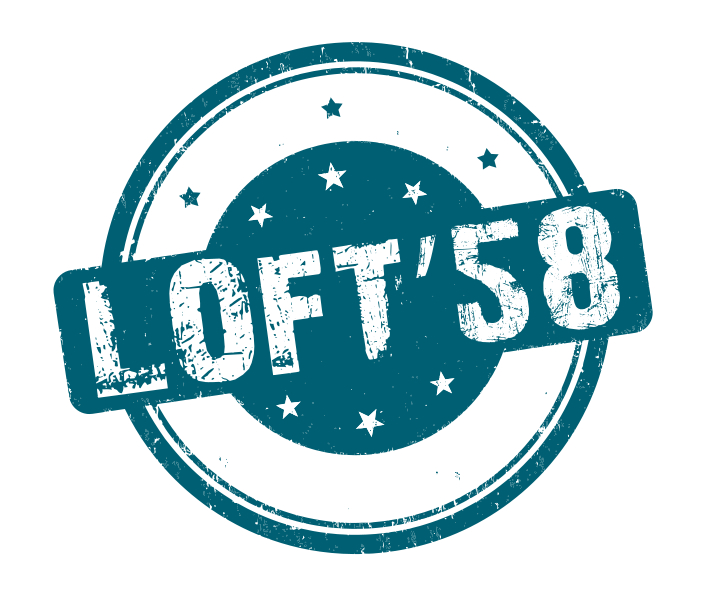



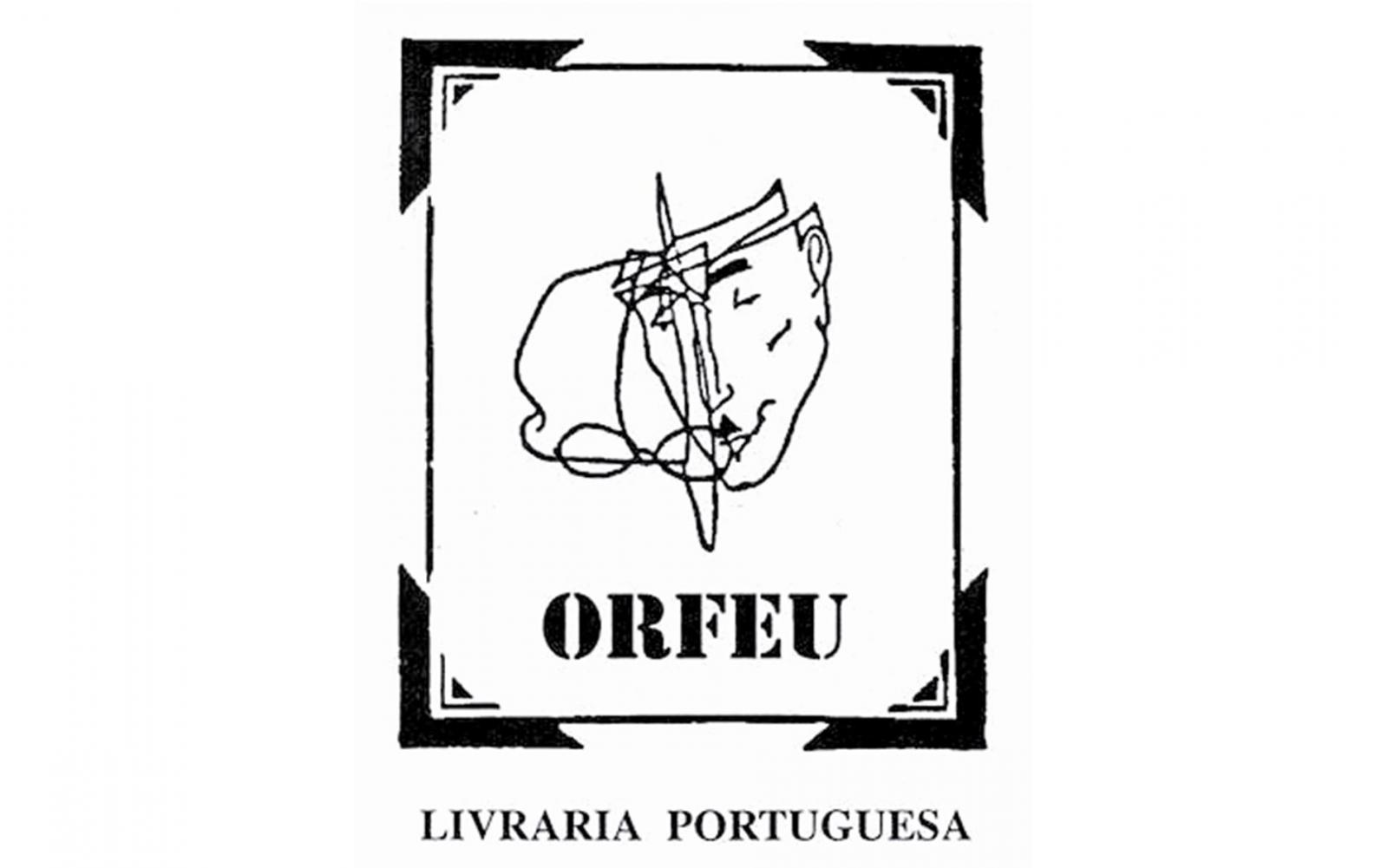

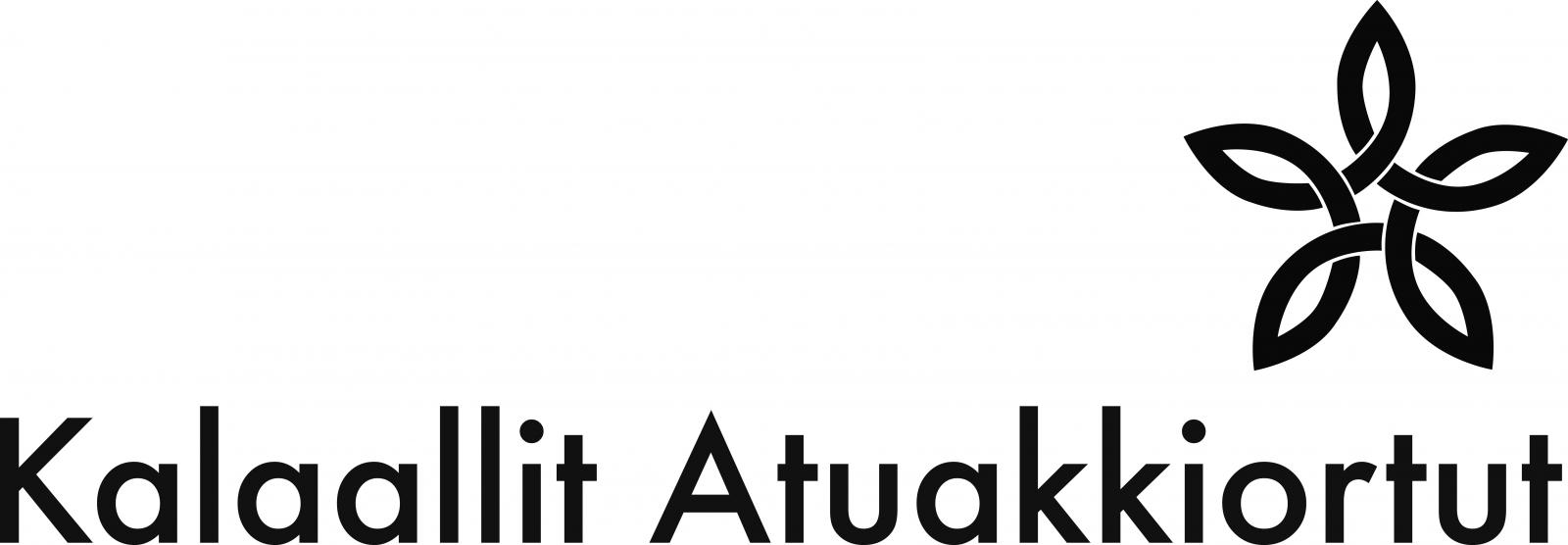
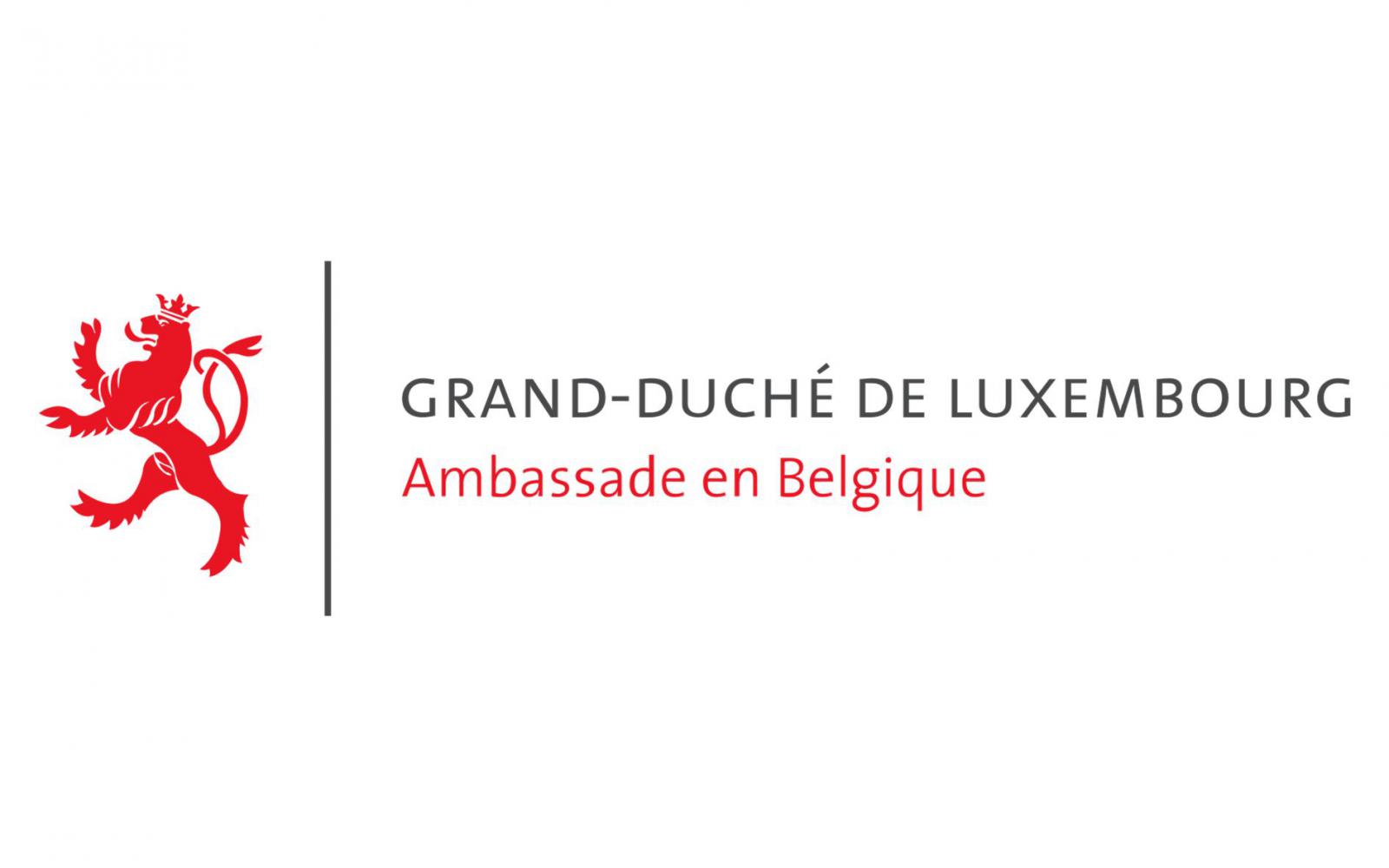
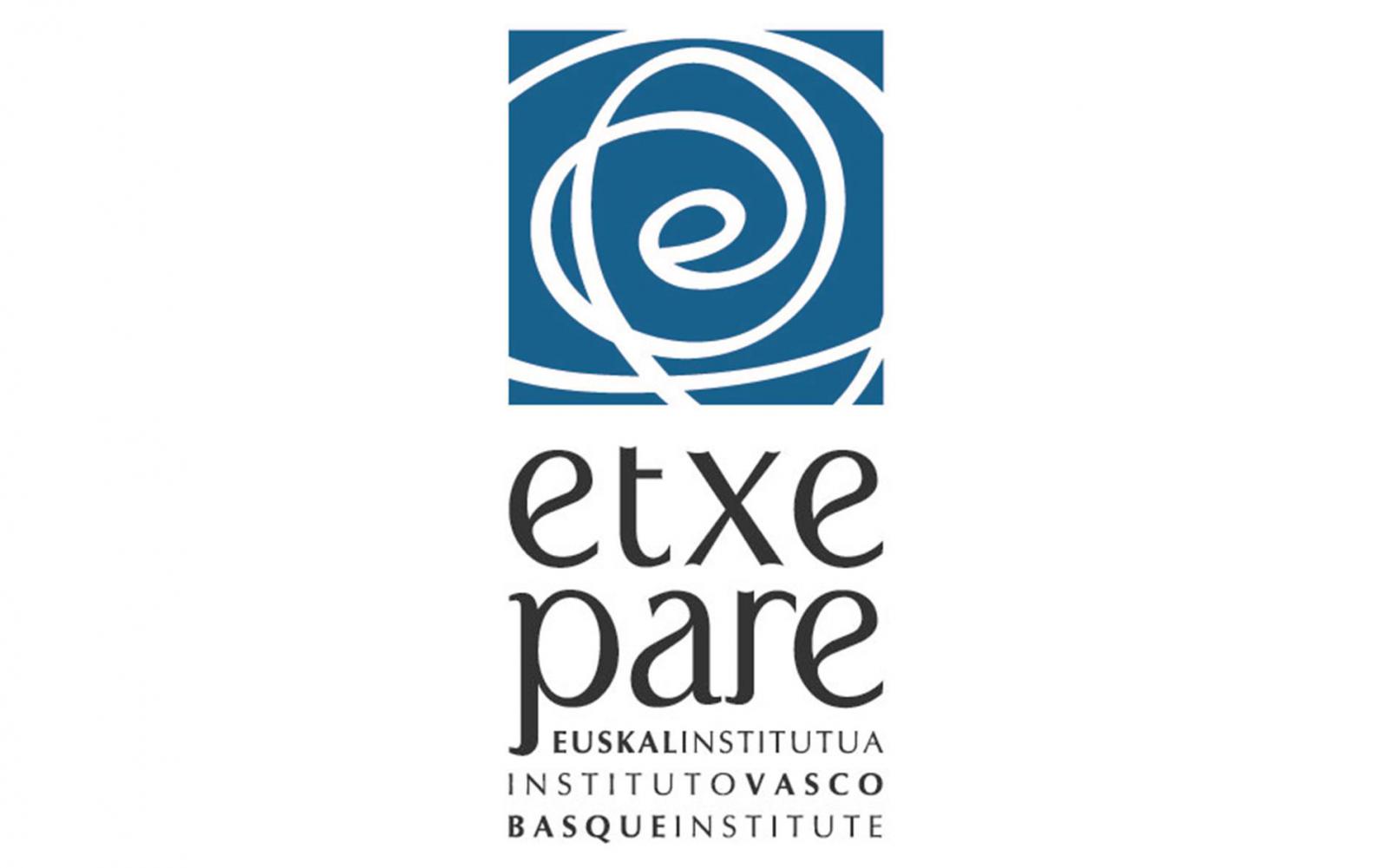
/RO - on the website.png)
